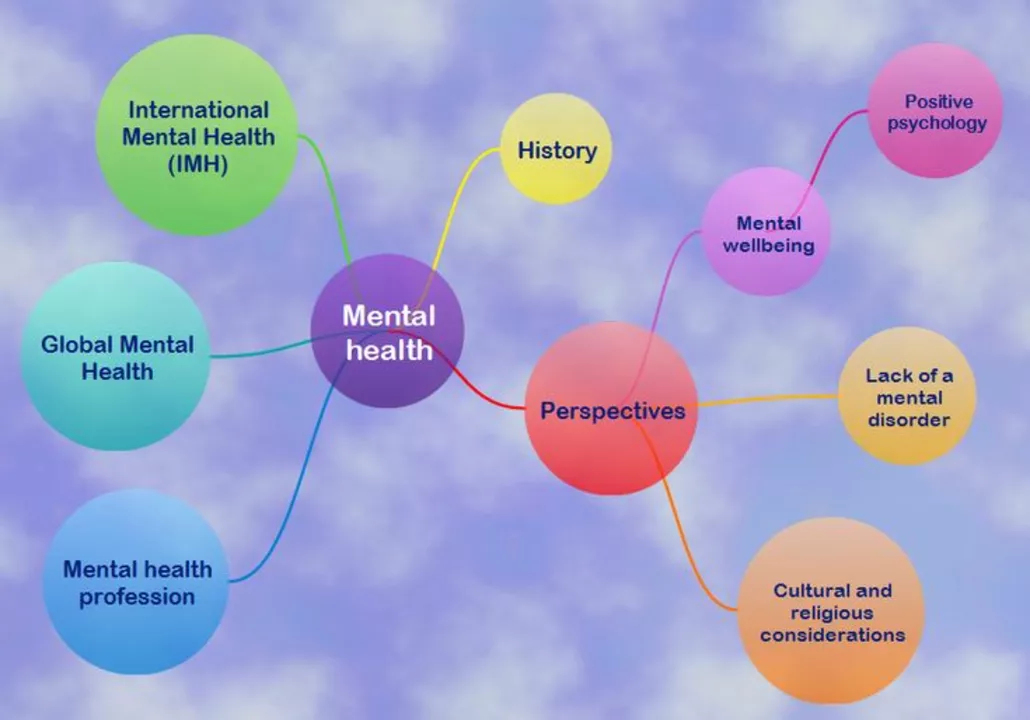Mental Health: Practical Guides on Medication, Therapy & Self-Care
Struggling with mood, anxiety, or medication decisions? You’re not alone. This tag collects clear, practical posts about common mental health questions—how meds work, what side effects to expect, safe ways to buy prescriptions, and simple steps you can take every day to feel a little steadier.
Want a quick example? Our long read on Effexor (venlafaxine) breaks down how it helps, the most common side effects, and how to manage withdrawal if you stop. That’s the kind of straight talk you’ll find here: no jargon, just usable tips you can take to your doctor.
Quick medication tips that help right away
If you’re on antidepressants or thinking about them, keep a short mood and side-effect diary for the first 6–8 weeks. Note sleep, appetite, energy, and any new symptoms—this helps your prescriber adjust treatment. Never stop a psychiatric med suddenly; many drugs cause withdrawal. If you’re worried about side effects, call your clinician and ask about dose changes or switching drugs. Our posts about Effexor, gabapentin alternatives, and steroid switches show real-world options doctors use and why.
Looking for alternatives to a medicine? We’ve got rounds-up that list options and what to watch for. For nerve pain or mood-related symptoms, alternatives to gabapentin or Symbicort alternatives for COPD come with clear pros and cons so you can discuss them with your clinician.
Buying meds online — stay safe
Buying drugs online can save money but also carries risk. Check for a valid pharmacy license, a real contact number, and require a prescription. Our reviews of sites such as viabestbuys.com and tips on buying Methotrexate show how to spot red flags: no pharmacist contact, unreal low prices, or sellers who ship without a prescription. If in doubt, call your local pharmacy and compare.
Other practical pointers: use manufacturer coupon cards for expensive drugs, ask about generic options, and always review interactions—many mental health meds interact with common prescriptions or supplements. If a specialist recommends switching drugs (like from prednisone to methotrexate for inflammatory conditions), get a clear plan for monitoring and side-effect checks.
Mental health care isn’t only pills. You’ll also find posts on supplements, nutrition, and small daily habits that support mood—things like sleep routines, gentle exercise, and tracking progress. And when a situation feels urgent—severe mood swings, suicidal thoughts, or dangerous side effects—seek emergency help right away.
This tag is meant to be a practical toolbox: medication guides, safety checks for online pharmacies, alternatives worth asking about, and straightforward self-care tips you can start using today.

How Acetyl-L-Carnitine Affects Mood and Depression - The Latest Evidence
Explore how acetyl-L-carnitine works, its clinical evidence for depression, dosage tips, safety, and how it compares to other mood‑boosting supplements.
Read more
The Impact of Indapamide on Mental Health
In a recent blog post, I came across an interesting study examining the impact of Indapamide on mental health. Indapamide, a diuretic commonly used to treat hypertension, has shown potential benefits in improving cognitive function and reducing the risk of depression. This is particularly significant for the aging population, as hypertension and mental health issues often coexist. However, it's important to remember that further research is needed to fully understand the implications of these findings. As a blogger passionate about mental health, I'm excited to see where this research leads and how it may contribute to improving the lives of those affected by hypertension and mental health challenges.
Read more
Hypophosphatemia and Emotional Well-being: Strategies for Coping
In my latest blog post, I delved into the topic of hypophosphatemia and its impact on emotional well-being. It's important to recognize that this condition, caused by low levels of phosphate in the blood, can lead to fatigue, anxiety, and depression. In order to cope, I shared various strategies such as maintaining a balanced diet rich in phosphate, seeking medical advice for proper treatment, and engaging in regular exercise to improve overall health. Additionally, I emphasized the importance of emotional support from friends and family, as well as seeking professional help if needed. By understanding and addressing the physical and emotional aspects of hypophosphatemia, we can work towards a healthier and happier life.
Read more